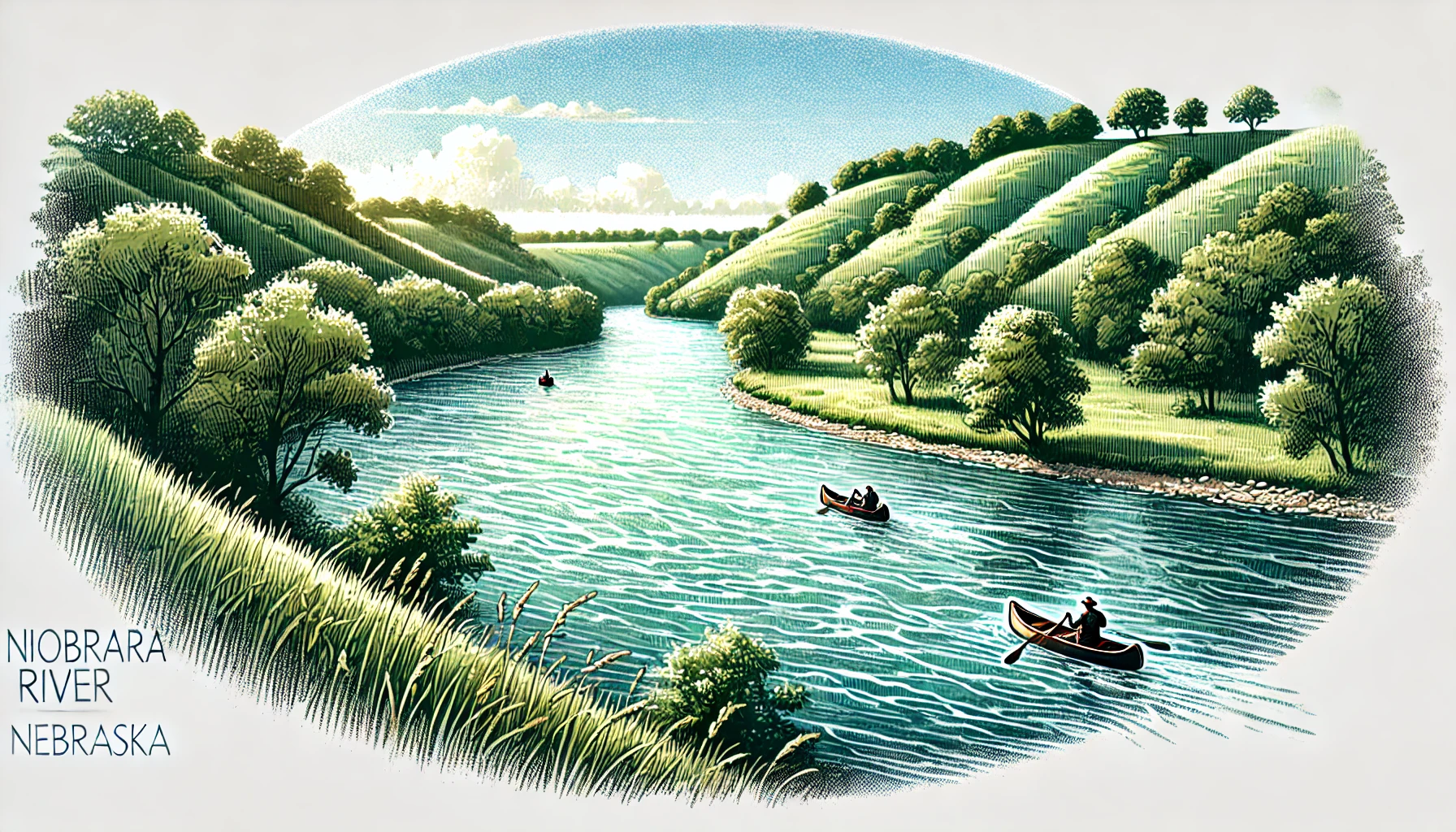Traditional Medicine Seminars in Nebraska

As travelers navigate the vast Great Plains of Nebraska, they may stumble upon an array of cultural and educational events, including traditional medicine seminars. These events provide a unique opportunity for attendees to learn about the historical and contemporary practices of healing and health preservation in various communities.
One notable example is the Nebraska Native American Heritage Event held annually in Omaha, which features workshops on traditional herbalism and its relevance to modern medicine. The seminars include discussions on the properties and applications of local herbs like echinacea and black cohosh, as well as hands-on preparation of herbal remedies. Local Nebraska herbalists lead these seminars, often in collaboration with renowned Native American healers from the Omaha, Ojibwe, and Eastern Shoshone tribes.
Beyond the world of Native American herbalism, Nebraska has also played host to various seminars on traditional folk medicine, reflecting the state's European heritage. The Prague Market Days in Prague, Nebraska, offer a showcase of traditional Bohemian folk remedies and healing practices, highlighting their potential in combination with conventional Western medicine. These events frequently feature local health practitioners and historians lecturing on topics like aromatherapy and plant-based treatments commonly used in European villages.
The Joslyn Castle in Omaha hosts workshops on holistic healing practices, often in collaboration with the Joslyn Art Museum. One past seminar delved into the uses of herbalism in rural Vietnamese communities, illustrating the interconnectedness of global traditional medicine practices. Sessions like these and others give visitors a broader understanding of the communal context of healing.
Seminars often bring significant economic benefits to rural areas through tourism. When locals organize and participate in traditional medicine seminars, they are empowered to contribute to the Nebraska's thriving cultural and heritage sector. Participants also foster the intellectual capital of regional medical traditions and further develop their expertise in these practices.
Seminars that promote cross-cultural exchange enable traditional healers to engage in cooperation and share their findings with healthcare professionals from larger institutions, fostering new frontiers in holistic healthcare research. Their educational initiatives emphasize traditional knowledge systems and generate real opportunities for global recognition of contributions by little-known healers.
By examining the history, methods, and people behind traditional medicine in Nebraska, travelers develop deep appreciation for the intricate network of wellness systems interwoven within the state's multifaceted heritage. These experiences often catalyze broader discussions about intercultural health exchange in future globalized efforts to reform American healthcare.
Local historians further facilitate the evolution of such health preservation initiatives by highlighting salient aspects of conventional Western medical narrative that potentially omit discussion of traditional aspects of culture that also yield valuable medical breakthroughs.
One notable example is the Nebraska Native American Heritage Event held annually in Omaha, which features workshops on traditional herbalism and its relevance to modern medicine. The seminars include discussions on the properties and applications of local herbs like echinacea and black cohosh, as well as hands-on preparation of herbal remedies. Local Nebraska herbalists lead these seminars, often in collaboration with renowned Native American healers from the Omaha, Ojibwe, and Eastern Shoshone tribes.
Beyond the world of Native American herbalism, Nebraska has also played host to various seminars on traditional folk medicine, reflecting the state's European heritage. The Prague Market Days in Prague, Nebraska, offer a showcase of traditional Bohemian folk remedies and healing practices, highlighting their potential in combination with conventional Western medicine. These events frequently feature local health practitioners and historians lecturing on topics like aromatherapy and plant-based treatments commonly used in European villages.
The Joslyn Castle in Omaha hosts workshops on holistic healing practices, often in collaboration with the Joslyn Art Museum. One past seminar delved into the uses of herbalism in rural Vietnamese communities, illustrating the interconnectedness of global traditional medicine practices. Sessions like these and others give visitors a broader understanding of the communal context of healing.
Seminars often bring significant economic benefits to rural areas through tourism. When locals organize and participate in traditional medicine seminars, they are empowered to contribute to the Nebraska's thriving cultural and heritage sector. Participants also foster the intellectual capital of regional medical traditions and further develop their expertise in these practices.
Seminars that promote cross-cultural exchange enable traditional healers to engage in cooperation and share their findings with healthcare professionals from larger institutions, fostering new frontiers in holistic healthcare research. Their educational initiatives emphasize traditional knowledge systems and generate real opportunities for global recognition of contributions by little-known healers.
By examining the history, methods, and people behind traditional medicine in Nebraska, travelers develop deep appreciation for the intricate network of wellness systems interwoven within the state's multifaceted heritage. These experiences often catalyze broader discussions about intercultural health exchange in future globalized efforts to reform American healthcare.
Local historians further facilitate the evolution of such health preservation initiatives by highlighting salient aspects of conventional Western medical narrative that potentially omit discussion of traditional aspects of culture that also yield valuable medical breakthroughs.
